
App to watch Champions League live free-APP, download it now, new users will receive a novice gift pack.
UEFA Champions League standings
author: 2025-01-07 06:38Hearthstone arena class win rates reddit
author: 2025-01-07 05:50Free sports events uefa champions league app android
author: 2025-01-07 07:24App to watch Champions League live free
author: 2025-01-07 05:23 Casino redeem
Casino redeem
942.93MB
Check UEFA Europa League
UEFA Europa League
881.44MB
Check PAGCOR online casino free 100
PAGCOR online casino free 100
154.44MB
Check Free sports events uefa champions league app android
Free sports events uefa champions league app android
817.37MB
Check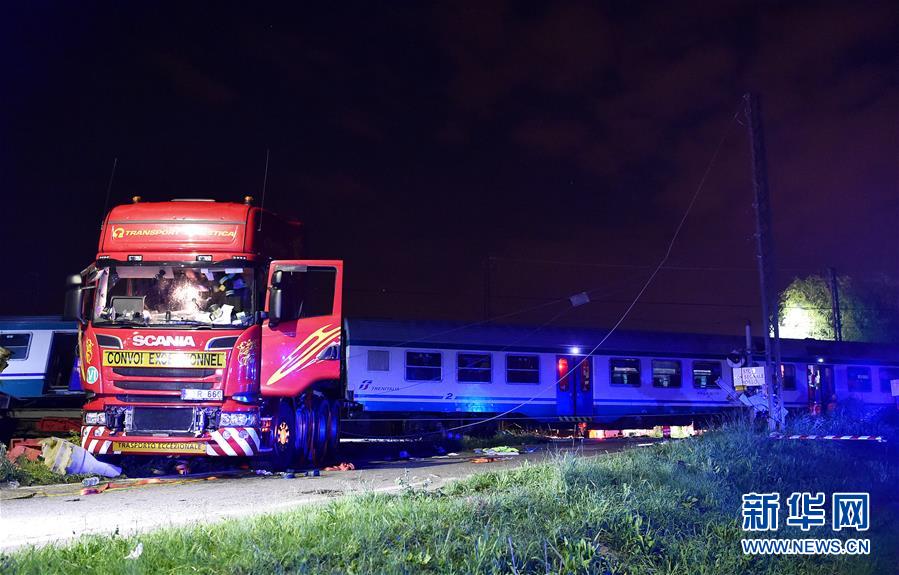 UEFA EURO
UEFA EURO
629.92MB
Check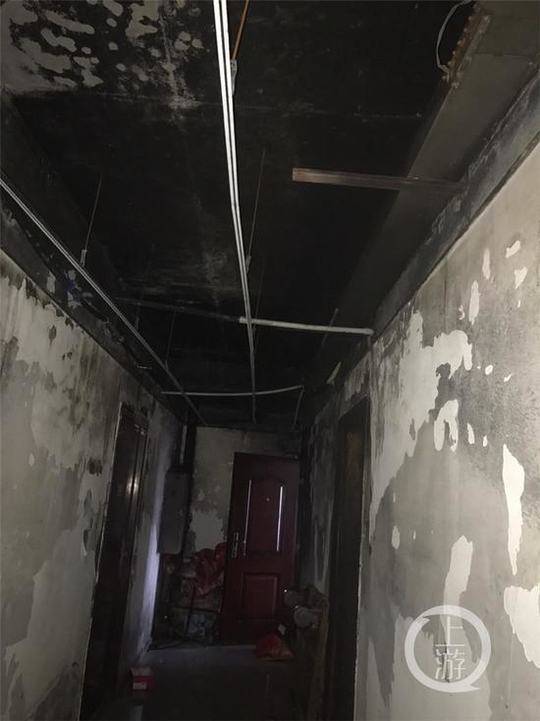 Casino Plus login register
Casino Plus login register
569.48MB
Check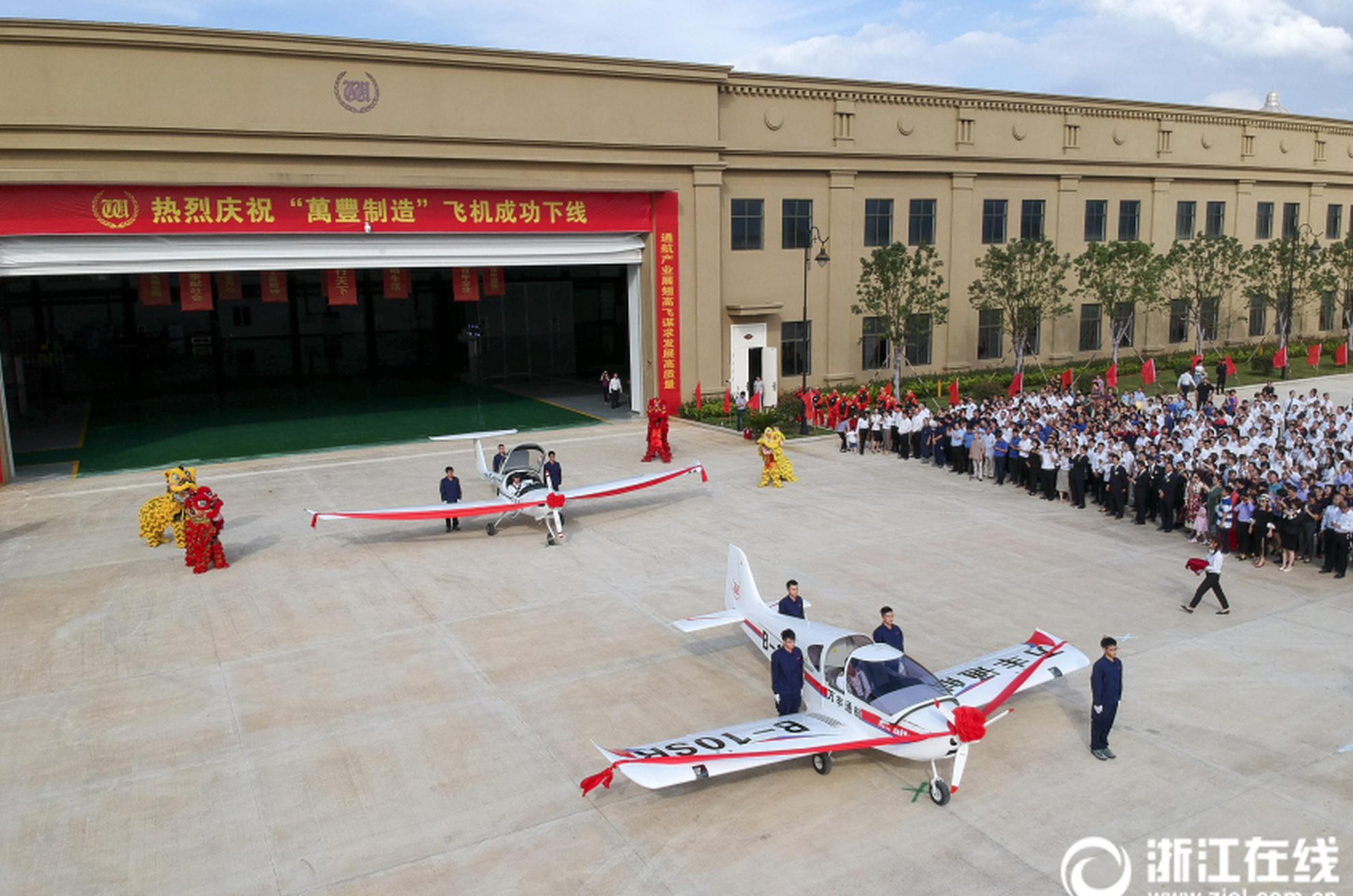 Walletinvestor digi plus
Walletinvestor digi plus
152.22MB
Check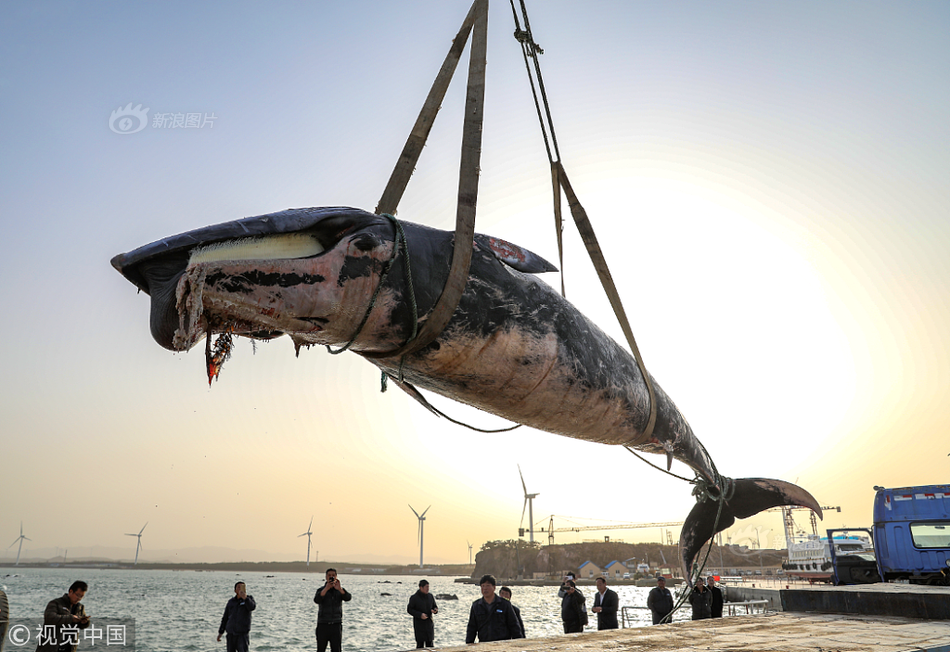 UEFA Champions League standings
UEFA Champions League standings
213.71MB
Check Arena plus APK
Arena plus APK
525.64MB
Check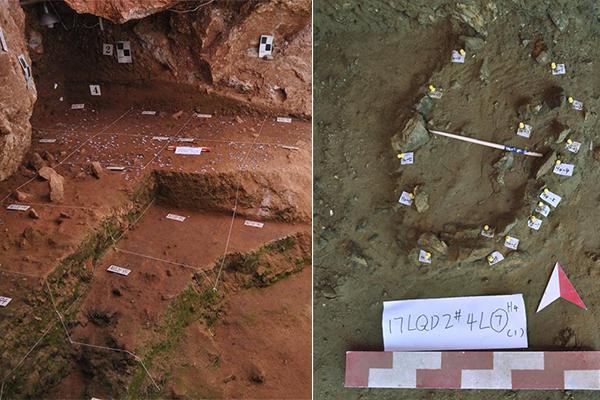 DigiPlus
DigiPlus
295.44MB
Check UEFA Champions League standings
UEFA Champions League standings
744.72MB
Check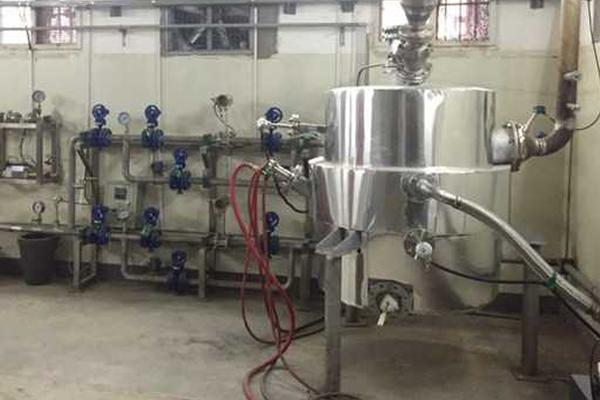 Hearthstone arena class win rates reddit
Hearthstone arena class win rates reddit
771.39MB
Check Casino redeem
Casino redeem
318.81MB
Check LR stock price Philippines
LR stock price Philippines
673.86MB
Check casino plus free 100
casino plus free 100
497.71MB
Check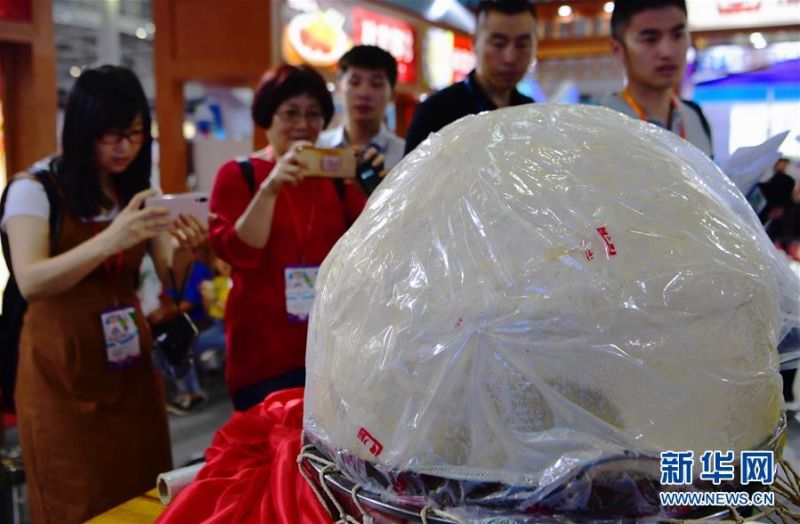 App to watch Champions League live free
App to watch Champions League live free
392.94MB
Check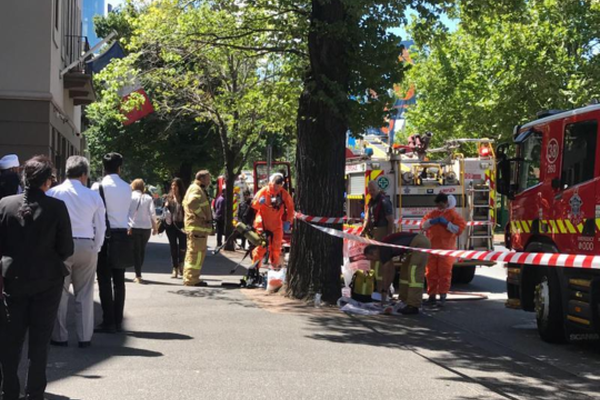 UEFA Champions League live streaming free
UEFA Champions League live streaming free
926.38MB
Check UEFA Champions League live streaming app
UEFA Champions League live streaming app
294.23MB
Check Casino Plus login register
Casino Plus login register
732.98MB
Check bingo plus update today Philippines
bingo plus update today Philippines
415.35MB
Check PAGCOR online casino free 100
PAGCOR online casino free 100
479.57MB
Check UEFA live free
UEFA live free
532.82MB
Check UEFA TV
UEFA TV
672.54MB
Check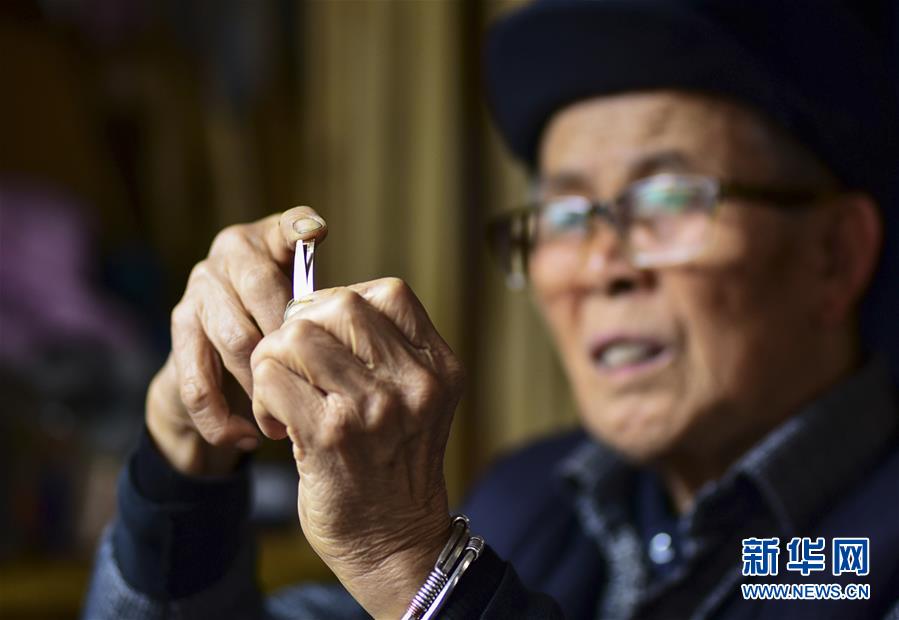 UEFA Champions League live streaming app
UEFA Champions League live streaming app
695.24MB
Check Casino Plus app
Casino Plus app
996.78MB
Check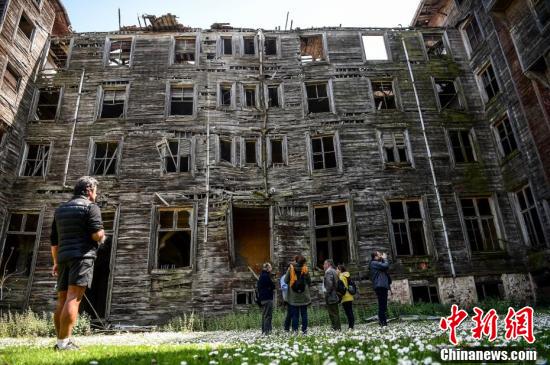 DigiPlus stock
DigiPlus stock
781.13MB
Check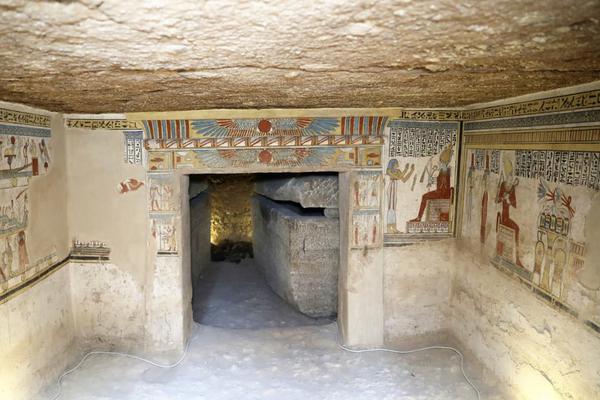 Hearthstone Arena win rate
Hearthstone Arena win rate
574.55MB
Check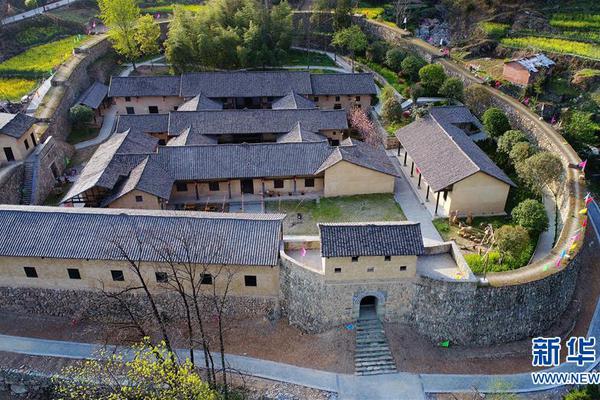 Casino free 100 no deposit
Casino free 100 no deposit
349.43MB
Check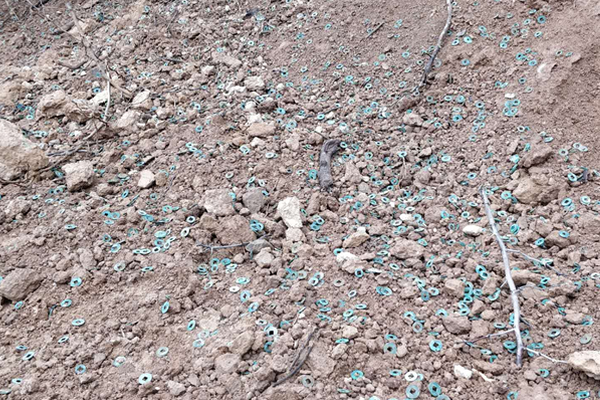 DigiPlus
DigiPlus
122.69MB
Check UEFA Champions League standings
UEFA Champions League standings
787.48MB
Check Free sports events uefa champions league app android
Free sports events uefa champions league app android
874.84MB
Check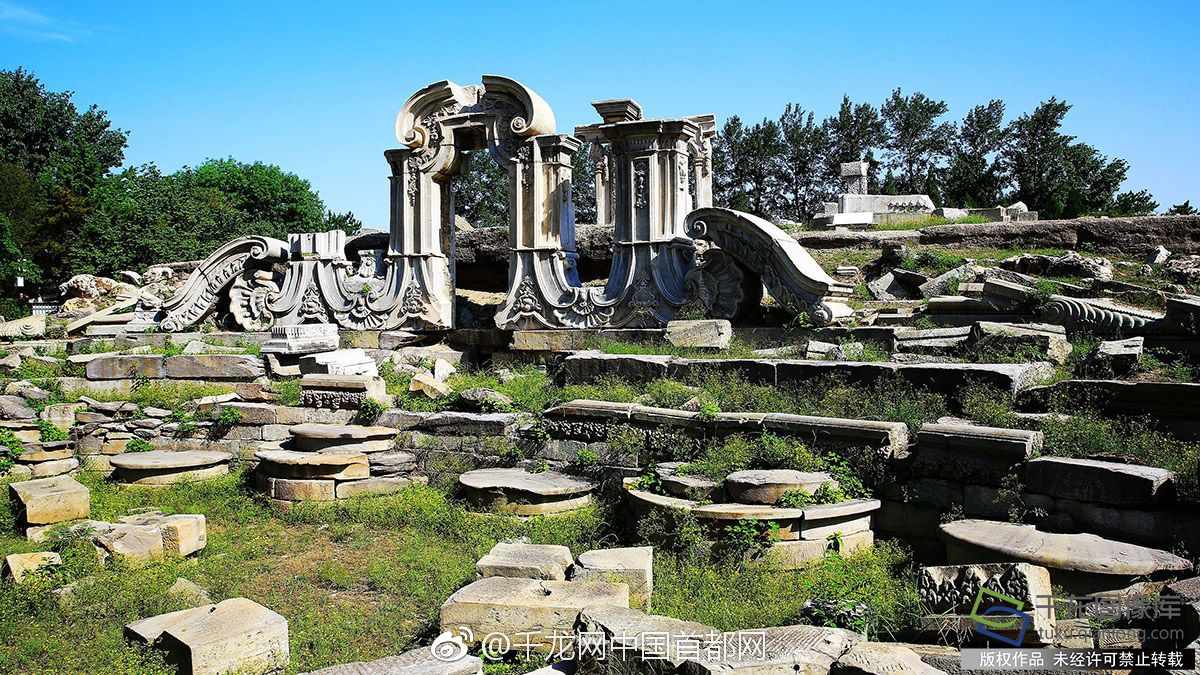 Casino Plus login register
Casino Plus login register
131.21MB
Check UEFA live free
UEFA live free
366.18MB
Check UEFA Champions League live
UEFA Champions League live
424.32MB
Check Casino Plus GCash login
Casino Plus GCash login
499.64MB
Check UEFA live free
UEFA live free
711.17MB
Check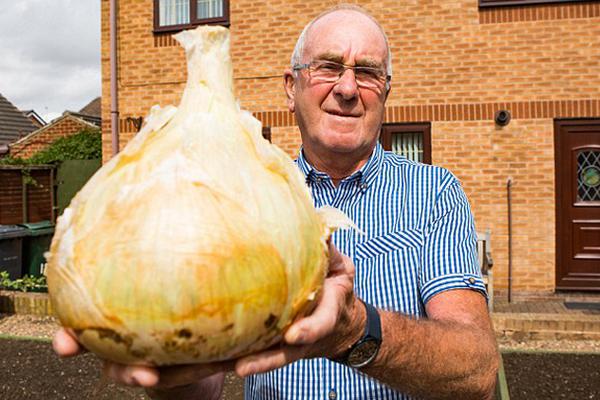
Scan to install
App to watch Champions League live free to discover more
Netizen comments More
2888 Arena Plus login
2025-01-07 07:24 recommend
833 UEFA EURO
2025-01-07 07:18 recommend
2328 bingo plus update today
2025-01-07 06:34 recommend
1348 Arena plus APK
2025-01-07 05:51 recommend
1684 Casino Plus free 100
2025-01-07 05:23 recommend